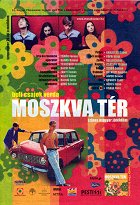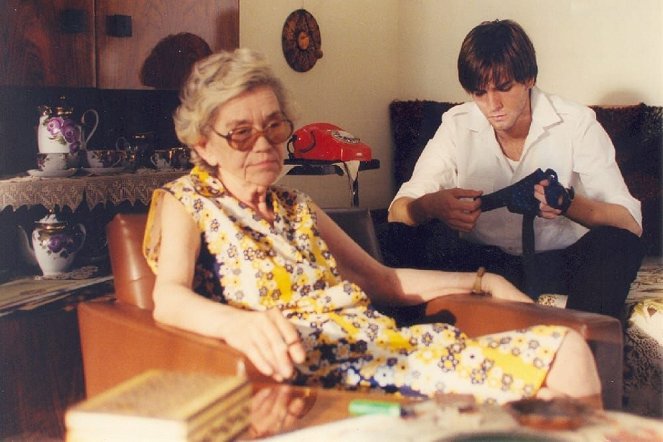Réalisation:
Ferenc TörökScénario:
Ferenc TörökPhotographie:
Dániel GarasMusique:
Balázs TemesváriActeurs·trices:
Gábor Karalyos, Erzsi Pápai, Eszter Balla, Vilmos Csatlós, Simon Szabó, András Réthelyi, Bence Jávor, Zsolt Kovács, Ilona Béres, Imre Csuja (plus)Résumés(1)
The release of Ferenc Török's debut, Moscow Square, seemed to announce the arrival of a new sensibility in Hungarian cinema, one that corresponded to a generation that had entirely grown up in the post-communist era. It's April, 1989; Petya, Kiegler, Ságodi and their friends spend their evenings hanging around the clock tower in Moscow Square, while all around them the old regime teeters on the verge of collapse. Everyone feels that something is about to happen: the question is whether they make it happen or just wait for whatever's coming. For some, like Petya and his girlfriend Zsófi, the new world means getting out of Hungary and getting to know the wider world. Few films have more effectively captured that sense of life on the eve a momentous political and social transformation - that unsettling combination of giddy optimism for the future and creeping fear of the unknown. Török cast his film largely with unknowns either from local high schools or the Academy of Drama. It became one of the most important cult films in Hungary following the regime change and was screened at many international film festivals. (CinEast)
(plus)
